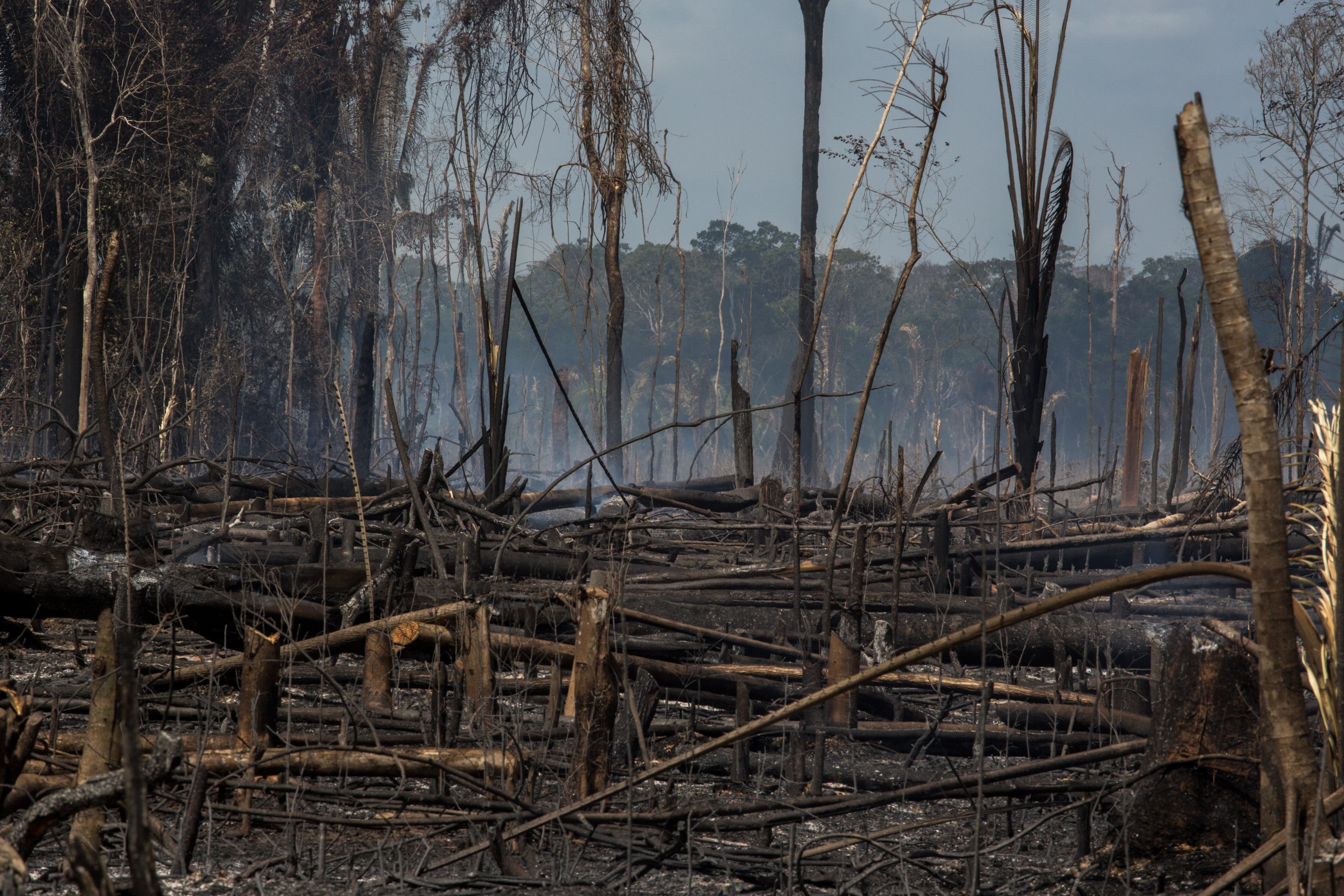
How our economy could become more 'nature-positive'
The right policies could generate $10 trillion in new business value every year, and create 395 million jobs by 2030.
Chief Executive Officer and Chairperson, Global Environment Facility, a multilateral trust fund supporting environmental action in developing countries and a financing mechanism for multiple United Nations environmental conventions. Former: Minister of Environment and Energy of Costa Rica; Vice-President, Conservation Policy, Conservation International (CI); lawyer, politician and conservationist; held various political posts in Costa Rica, including Director, National Parks Service. Founder and Member of the Board of many environmental NGOs in Costa Rica and several tropical research institutes. 2006, received the first annual Conservation Leadership Award from Blue Moon Fund. As Minister of Environment and Energy has been a pioneer in the development of payment for ecosystem services (PES). Understands the political preconditions necessary for successful implementation of PES systems that benefit local communities. Has met with environment, development and other ministries in the United Kingdom and in Europe to explain opportunities to leverage funding and create the mechanisms required for implementing effective PES programmes. Has curbed logging and deforestation trends to achieve a national net growth of forested areas through natural regeneration and reforestation. Also internationally recognized for promoting the concept of identifying and capturing the economic value of standing forests within protected areas, private forests and Indian reserves.

The right policies could generate $10 trillion in new business value every year, and create 395 million jobs by 2030.

七国集团(G7)领导人呼吁全世界实现净零排放与自然受益。

G7 leaders called for the world to be nature positive - which means enhancing the resilience of our planet and societies to halt and reverse nature loss.
Attention is turning away from old-style 'debt-for-nature swaps' to new instruments like 'nature performance bonds' that could help achieve climate goals.
Our hopes of keeping global warming in check, saving our wild places and curbing future pandemics may rest on a global reset of spending priorities. Here's why.
La naturaleza se enfrenta a una mayor presión debido a la crisis de COVID-19 - y para nuestra salud y nuestra economía, los gobiernos también deben dar prioridad a la curación de nuestro ...
Nature is facing increased pressure due COVID-19 crisis – and to our health and our economy, governments must also prioritize healing our planet, too.
Governments from around the world are preparing for the 15th Conference of the Parties (COP15) to the Convention on Biological Diversity (CBD) in Kunming, China, which will focus on build...




